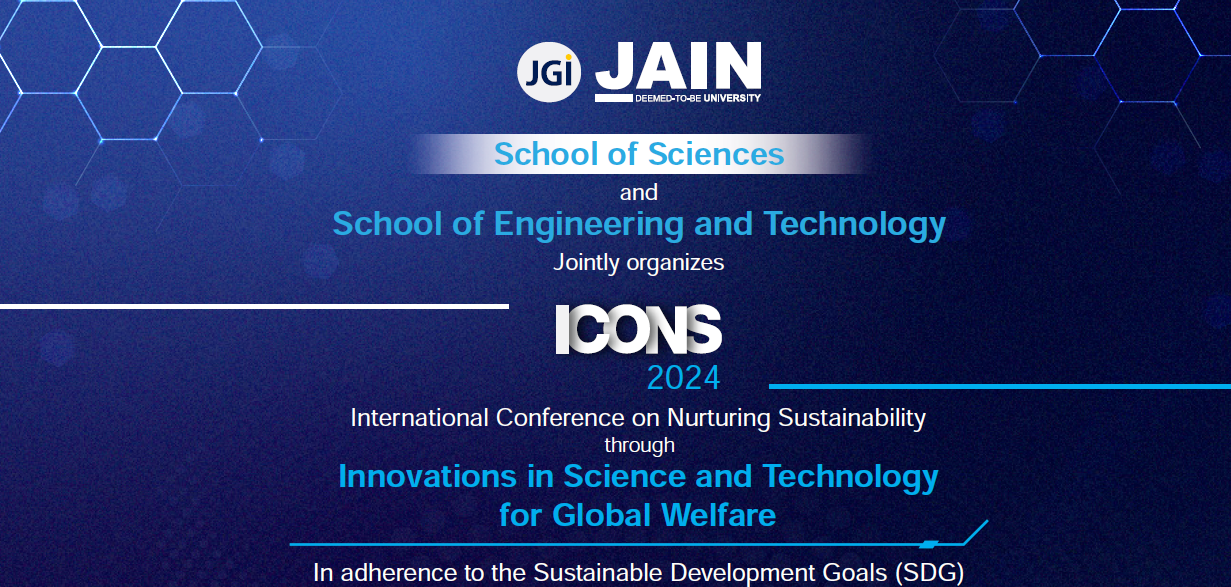Speaker
Description
Mycobacterium tuberculosis is the bacterium responsible for causing Tuberculosis (TB), a disease which has infected almost a quarter of the global population. Nearly 1.5 million people succumb to TB each year, thus making it as the most fatal infectious disease in the world. Earlier effective antibiotics against Mycobacterium tuberculosis are no longer efficient against strains of this pathogen that are extensive and multi-drug resistant. Various drug resistance categories of the TB causing bacterium emphasize on resistance and/or susceptibility to their conventional regimen. This review explores the use of distinct forms nanoparticles including lipid-based NPs, Polymeric NPs, Metal-based NPs, carbon nanotubes, dendrimers, quantum dots, etc. in the treatment of tuberculosis, focusing on their mechanism of action. Several approaches used in the delivery methods of these NPs as drugs are discussed which incorporate encapsulation strategies and combination therapies. Furthermore, it also highlights some innovative NP-based strategies, including nano-vaccines and diagnostic tools, offering insights into their potential roles in the fight against TB.

